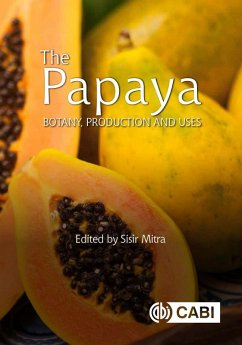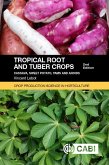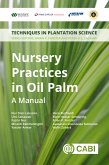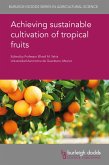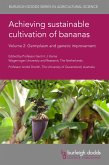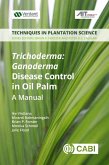Papaya (Carica papaya) is an important and widely-cultivated tropical fruit, grown in more than 60 countries of the world. Global papaya production has grown significantly over the last few years, mainly as a result of increased production in India. Papaya has become an important agricultural export for developing countries where export revenues of the fruit provide a livelihood for thousands of people, especially in Asia and Latin America. This book includes coverage of recent research developments with the potential to improve crop yields and quality. New research has contributed to our understanding of the crop environment, plant growth and physiology of tree and fruit development with implications for both breeding and cultivation. It looks at how analysis of the papaya genome promises new, faster breeding techniques to improved cultivars and how these and other advances are helping to tackle disease like papaya ring spot viruses and major pests which cause significant losses. Key features include: updated information for sustainable papaya cultivation research developments in tackling the major production and post-harvest problems interdisciplinary and collaborative research With contributions from international experts, the book presents the current state of knowledge concerning the history, physiology, culture and marketing of papaya throughout the world. It is an essential resource for researchers, growers and all those involved in the papaya industry.
Dieser Download kann aus rechtlichen Gründen nur mit Rechnungsadresse in A, D ausgeliefert werden.

